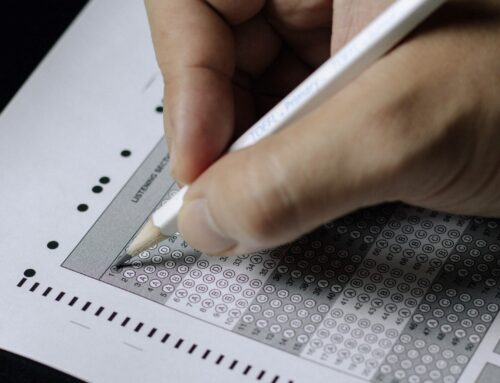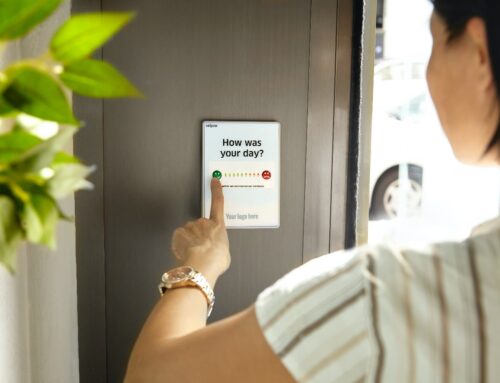As course teams across Heriot-Watt University prepare assessments for ‘open book’, take-home formats, Dr Alex Buckley explores student feedback on the Spring assessment experience and highlights lessons to learn for this semester.
Of the many changes made to cope with Covid-19, one of the most important (and inevitable) has been to cancel traditional face-to-face exams in favour of the ‘take-home’ model, with students taking the exam remotely, over 24 hours, with access to their notes, books and the internet. First done for the May exams, the decision has been made to extend that policy for the entire 2020-21 academic year.
For the May and August exams, these changes were made in emergency mode, with very little opportunity to adapt exam papers, or to help prepare students for this new kind of assessment. The situation for the December exams is a bit different; there is more scope to make the exam papers suitable for the take-home conditions, and more time to help students understand what is expected of them.
Students who took take-home exams in May were asked how it went, and their perceptions of what worked, and what didn’t, can help us to see where we could usefully direct our efforts when we have a bit more time.
A short report exploring the student feedback, with recommendations, is available. In summary:
- Students didn’t feel clear about what was expected of them. This is not surprising, given that this was an unfamiliar assessment format and there was very little time to help students prepare. They weren’t sure what standard of work was expected, whether the paper had been changed and how long the exam was supposed to take
- They liked the fact that the exam was open-book, and wasn’t simply a test of their memory. Some also liked the fact that a take-home exam is a bit more like real-life than sitting in an exam hall writing answers by hand without notes
- Some students were concerned about the potential for cheating in the take-home exams
- While many students found the take-home format less stressful than a traditional exam, that wasn’t always the case, e.g. for some with caring responsibilities or those who struggled to find a quiet place to take the exam
There are two big lessons we can learn here. Firstly, take-home exams need to be written differently from traditional exams. Students have access to their notes, so it is even less valuable than usual to test what they can remember. Instead, questions will need to test what they can do with their understanding: can they apply what they know to new situations, can they evaluate the course content? Take-home exams can be more ‘authentic’ than a traditional exam – more like the kind of task students will encounter once they graduate. Students can be given case studies to explore, and real-life data to analyse. Finally, plagiarism and other forms of academic misconduct can’t be eliminated just through assessment design, but we can help students to avoid the temptation of shortcuts by writing more specific exam questions, so that ready-made material is less easily available from the internet or from other students. For example, we can write questions that draw on students’ personal experience, on recent research, or on specific data sources.
Secondly, there is time between now and December to give the students some help understanding what is expected from them. With everything else going on, we are still in a far from ideal situation, but with luck there will be time to write some example questions, to talk them through with the students, to talk about the kinds of answers that we are looking for. There may also be time to give students a practice run at organising their notes for an open-book assessment.
There is help available from the LTA:
- There are LTA guides to making your exam work as a take-home assessment, helping students appreciate what’s expected of them in assessment and using exemplars to enhance learning and support achievement
- School-based sessions are taking place to talk about the collective challenge of designing take-home exams. Contact buckley@hw.ac.uk for more information
- You can watch recordings of roundtable sessions on replacing traditional exams and assessment and RBL
There will be more support later in the Semester to help those who are writing exam papers for May 2021.
The take-home exams are a new challenge for everyone: for staff who are writing exam questions that fit the conditions, and for students who need to prepare and perform. In May we managed the emergency shift. Now we have a bit of time to learn from how that went, and take some steps to improve on it.
Dr Alex Buckley is Assistant Professor at the Learning and Teaching Academy, Heriot-Watt University.






